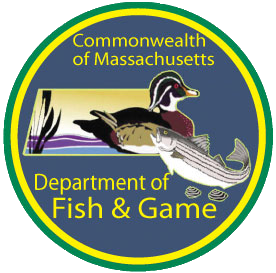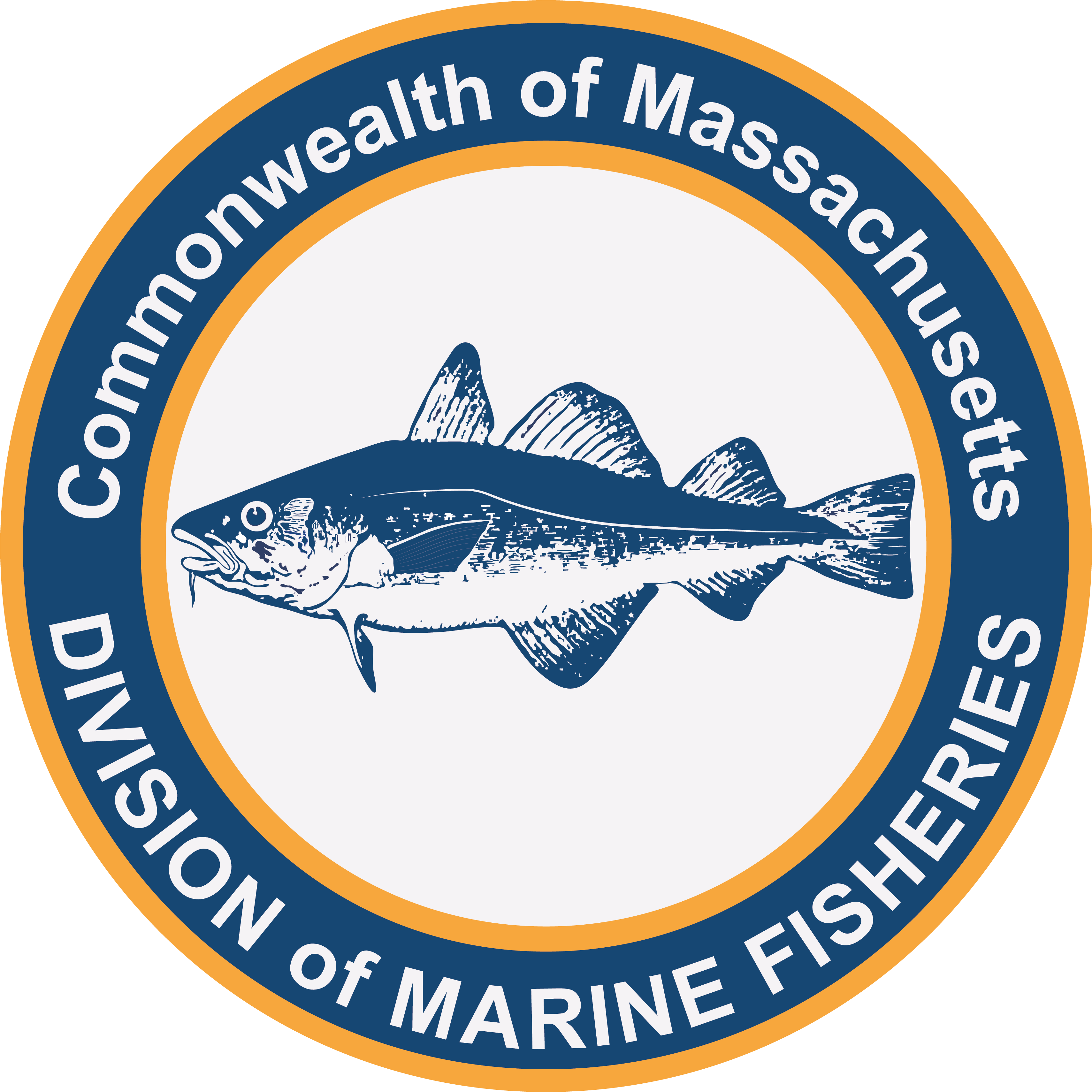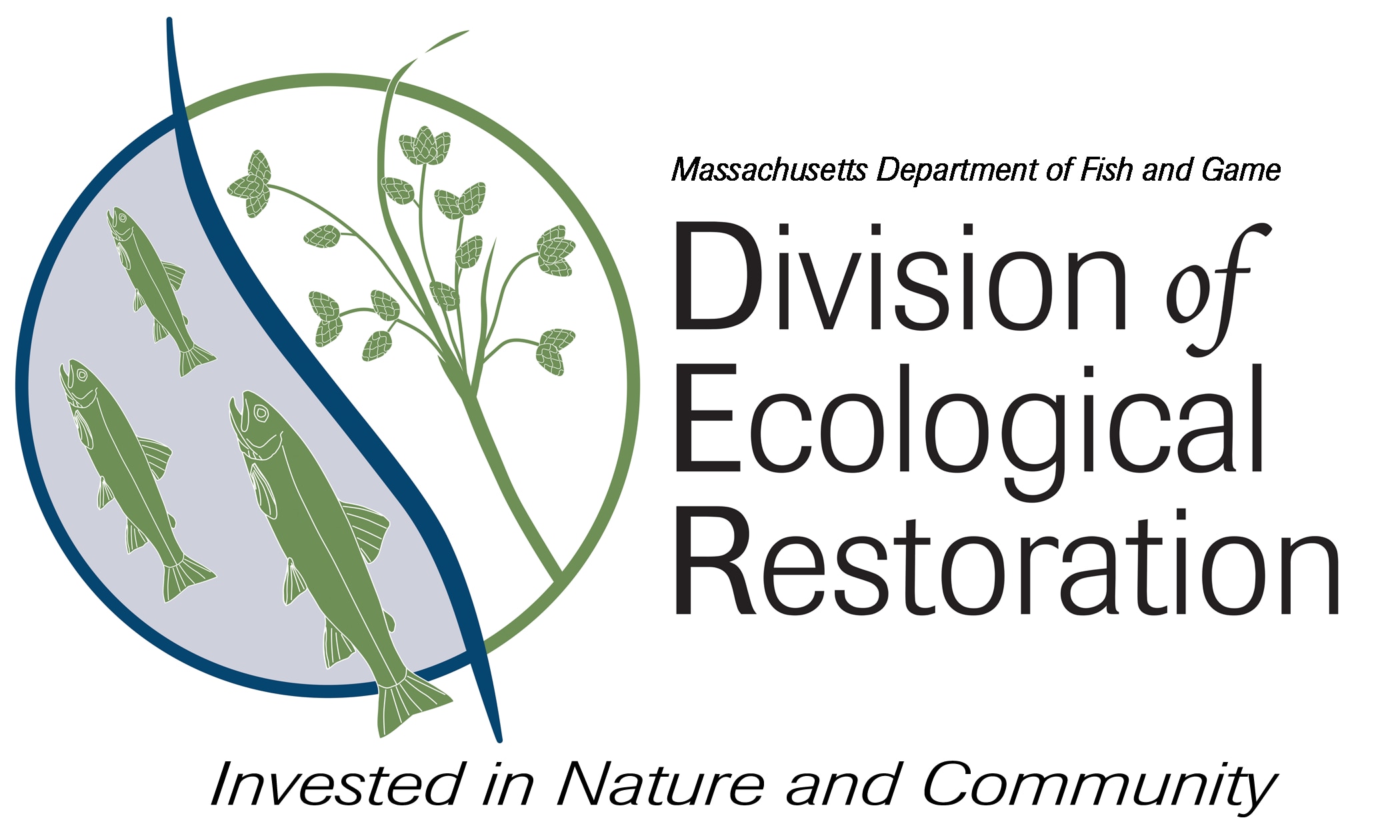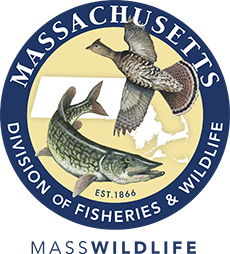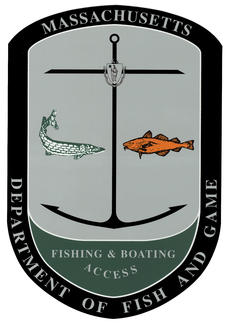- Executive Office of Energy and Environmental Affairs
- Department of Fish and Game
- Division of Marine Fisheries
- Division of Ecological Restoration
- Division of Fisheries and Wildlife
- Office of Fishing and Boating Access
Media Contact
Julia E. Hopkins, Communications Director
BOSTON — The Massachusetts Department of Fish and Game (DFG) announced today the release of a five-year strategic plan, Connections: Working Together for Nature to guide the agency’s work from 2025-2030. The plan establishes a bold and unifying vision for the Department, focusing on solutions at the intersection of biodiversity, climate change, and environmental justice while advancing the priorities of the Healey-Driscoll Administration and Executive Office of Energy and Environmental Affairs (EEA).
“I commend the team at the Department of Fish and Game for bringing the full force of the agency to combatting climate change and protecting our most precious natural resources,” said Governor Maura Healey. “Under the new strategic vision led by Commissioner Tom O’Shea, the Department is taking action to ensure Massachusetts’ rich ecosystems and diverse wildlife thrive and are accessible to all.”
“Everyone deserves the ability to explore and find joy in our natural world,” said Lieutenant Governor Kim Driscoll. “With this clear focus, more people, especially those living in environmental justice communities, will be able to enjoy the many wonders Massachusetts has to offer.”
“We are proud to see Department of Fish and Game take a forward-looking, action-oriented approach to aligning their day-to-day work with the administration’s priorities of biodiversity conservation, clean energy, and environmental justice,” said EEA Secretary Rebecca Tepper. “This vision will forge a future of thriving ecosystems, resilient communities, and equitable access to nature.”
“What we do today will not only improve the quality of life in Massachusetts, but will strengthen our legacy of national leadership and create positive momentum for future generations. This plan reflects our agency’s commitment to respond with urgency to the most pressing challenges of today: unprecedented biodiversity loss, the climate crisis, and persistent environmental injustice,” said Department of Fish and Game Commissioner Tom O’Shea. “By aligning our efforts, this plan will allow our Department to rise to these challenges, expand our impact, and above all, better serve the people of Massachusetts. We are deeply grateful for the support of the Healey-Driscoll Administration and Executive Office of Energy and Environmental Affairs Secretary Rebecca Tepper and the contributions of our staff that developed such a bold, ambitious, and inspiring path forward.”
Since its inception, DFG has been dedicated to conserving fish and wildlife for the benefit of all people. The Department has significantly expanded its efforts in endangered species recovery, sustainable management of fisheries, land conservation and habitat management, restoration of rivers, wetlands, and streams, and enhanced work to connect with the public through recreation, education, and public access. While the Department maintains its commitment to conserve fish and wildlife and continue the long traditions of hunting, fishing, boating, and other outdoor recreation, this strategic plan outlines priority areas for growth and expansion.
The Department has identified key priorities, which include developing nation-leading biodiversity conservation goals for 2030, 2040, and 2050, as called for by Governor Maura Healey’s Executive Order No. 618. The agency will double the pace of land protection, working to protect an average of 6,000 acres per year, to support the state’s goal of conserving 40 percent of Massachusetts land by 2050. Additionally, the Department will complete five landscape-scale conservation projects, expand river and wetland restoration efforts, promote carbon storage and sequestration, and develop decarbonization and resilience plans for all facilities.
The Department will also work to meaningfully connect with environmental justice and Indigenous communities by creating new inclusive recreation opportunities for underserved and environmental justice communities, increasing accessibility and use of Department programs, facilities, and resources, and improving language access. The Department will foster respectful, mutually beneficial partnerships with Indigenous peoples and collaborate with Tribes to identify resources they may wish to access for traditional and cultural uses. Finally, the Department will increase food security by expanding venison donations, connecting environmental justice communities with fresh, local seafood, and increasing Harmful Algal Bloom monitoring by 25 percent to ensure sustainable shellfish harvest.
The strategic plan was created collaboratively across the four Divisions—Division of Ecological Restoration (DER), Division of Fisheries & Wildlife (MassWildlife), Division of Marine Fisheries (DMF), and Office of Fishing & Boating Access and with input from the Fisheries & Wildlife Board and Marine Fisheries Advisory Commission.
“DER is proud to be a part of this groundbreaking plan for the next five years. Climate change is bringing significant challenges to our communities: extreme weather, increased precipitation, and catastrophic flooding,” said Division of Ecological Restoration Director Beth Lambert. “We are excited to scale up our river and wetland restoration efforts to help people and nature adapt—increasing capacity at the local level and leveraging new and existing partnerships to expand our impact.”
“The Department of Fish and Game’s Strategic Plan is an important first step that clearly lays out for the public what the Department’s and MassWildlife’s key priorities are, including but not limited to biodiversity and landscape-scale conservation through partnerships, land protection, habitat restoration and management, expanding fishing and hunting opportunities, access to nature and wildlife for all to enjoy, and expanding “Hunters Share the Harvest” to help address food security needs in the Commonwealth,” said MassWildlife Director Mark S. Tisa.
“Our fisheries and seafood industry are the backbone of the state’s coastal economy and coastal culture—they provide fresh, local, healthy food and bolster tourism in Massachusetts,” said Division of Marine Fisheries Director Daniel McKiernan. “I applaud the Department’s leadership in the development of this plan to provide us with the framework and support to expand DMF’s work to protect and enhance marine habitats and riverways, improve water quality, and sustainably manage the state’s marine fish resources to support robust fish populations and mitigate the impacts of climate change.”
“OFBA is committed to advancing this plan’s vision for equitable access for all to the Commonwealth’s coastal waters, great ponds, and rivers,” said Office of Fishing & Boating Access Acting Director Terrance Smith. “We strive to support this by creating new public access facilities near underserved or Environmental Justice communities, increasing use and accessibility of the 300+ facilities we maintain statewide, improving language access for facilities and signage, and growing partnerships with the communities we serve.”
“The Fisheries and Wildlife Board is proud to support MassWildlife’s comprehensive mandate to ensure the conservation of the Commonwealth's natural resources for the use and enjoyment of all people. The Board appreciated the opportunity to engage during the development of the Department of Fish and Game’s Strategic Plan and applauds the plan's commitments to expanding access to outdoor recreation through learn-to-fish and -hunt programs, connecting people to nature with wildlife education programs, and to environmental justice across all programs,” said Stephen Sears, Chair of the Fisheries and Wildlife Board.
"As chair of the MFAC, I am happy to see a focus of this plan on addressing marine productivity, fish passage, coastal wetlands restoration, and increasing access to the Commonwealth’s fish and shellfish resources,” said Raymond Kane Jr., Chair of the Marine Fisheries Advisory Commission. “Providing support for these goals is critical to ensuring we maintain our world-class recreational fisheries and seafood industry that provide broad access to healthy, fresh, and local seafood.”
“Huge kudos to the Department of Fish & Game for prioritizing connections as a foundational necessity when addressing biodiversity loss, the negative impacts of climate change, and environmental justice and the nature gap,” said David O’Neill, President and CEO of Mass Audubon. “In its five-year strategic plan, DFG recognizes that achieving our strategic goals at the intersection of these crises cannot be accomplished with a ‘stay in your own lane’ approach but requires a ‘share the road’ collaborative mindset. Mass Audubon fully supports this enlightened plan and the conservation priorities of the Healey-Driscoll Administration.”
“The Nature Conservancy thanks the Healey-Driscoll Administration its for leadership on addressing the three global crises of our time—biodiversity loss, climate change, and environmental justice,” said Manikka Bowman, Executive Director of The Nature Conservancy in Massachusetts. “Our health and well-being, and that of future generations, are tightly tied to the health and resilience of our natural world. Climate solutions and biodiversity conservation are one and the same.”
"We commend the Department of Fish and Game for presenting a bold and achievable strategic plan anchored in three critical themes, all unified by the concept of 'connections.' As hunters and anglers, we deeply value our intrinsic bond with nature and the many ways it sustains us. We eagerly welcome the opportunity to collaborate with the Department to bring this strategic vision to life," said Christopher Borgatti, Eastern Policy & Conservation Manager for Backcountry Hunters & Anglers.
To explore the Department of Fish & Game’s Strategic Plan for 2025-2030 and see our timeline for implementation, visit mass.gov/DFG-strategicplan.
###

